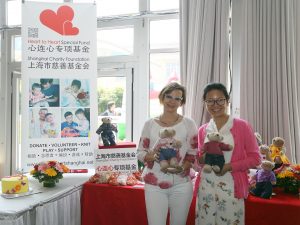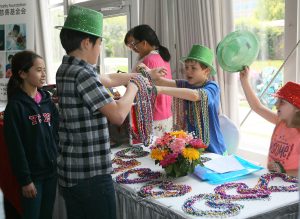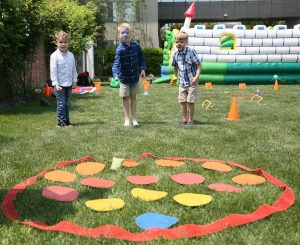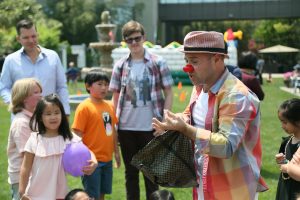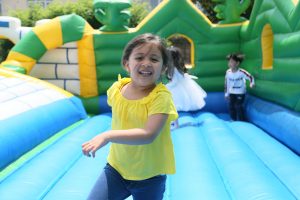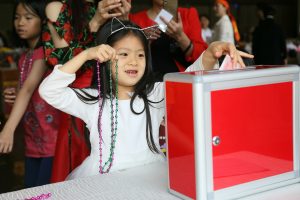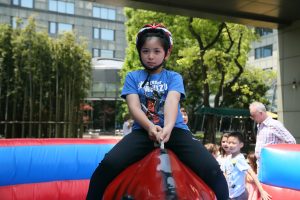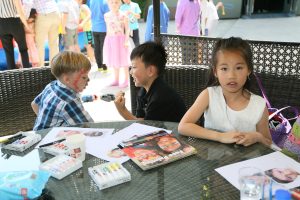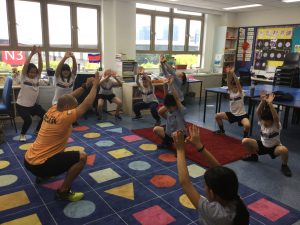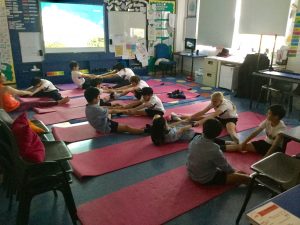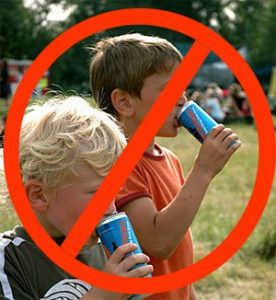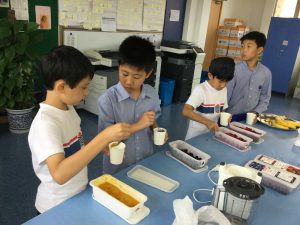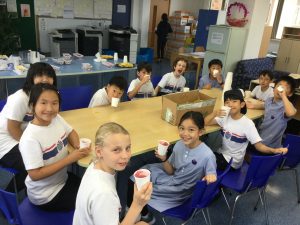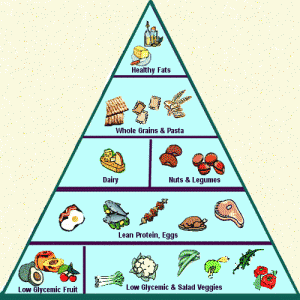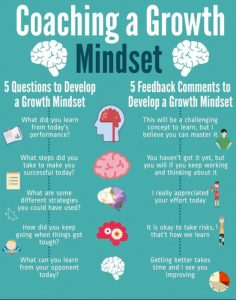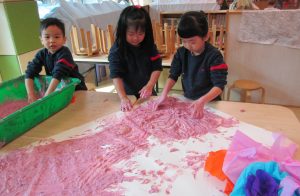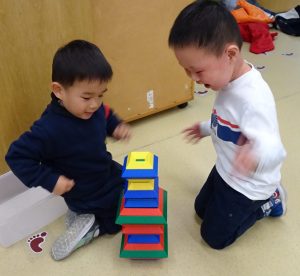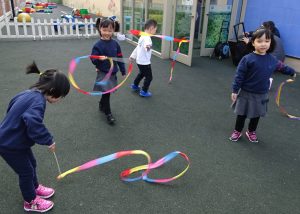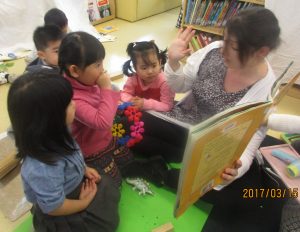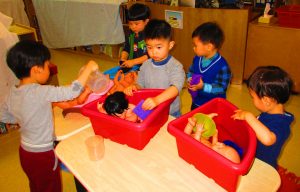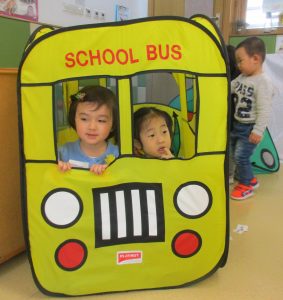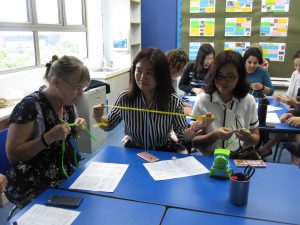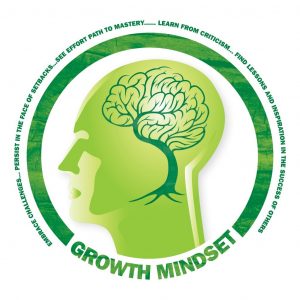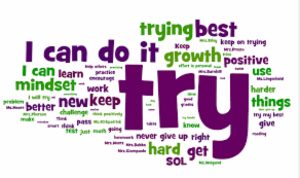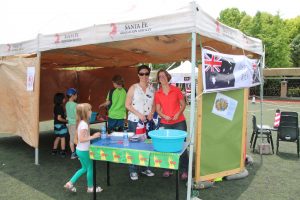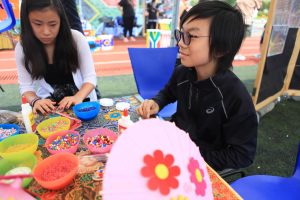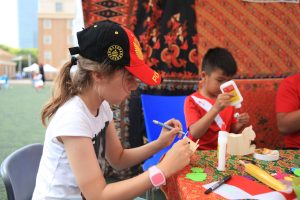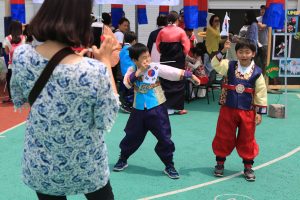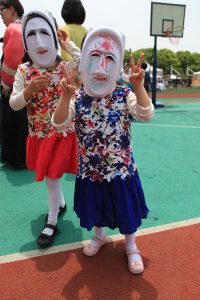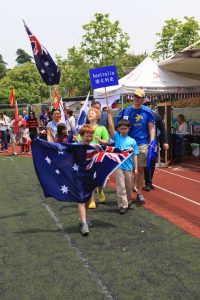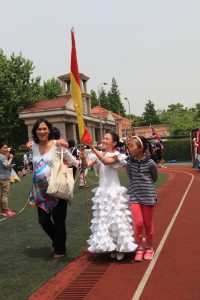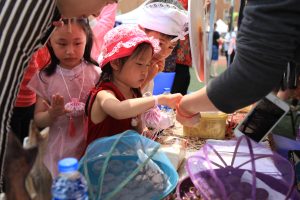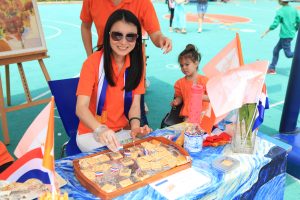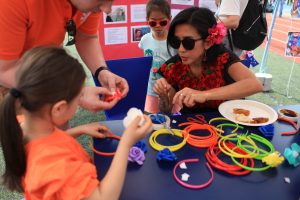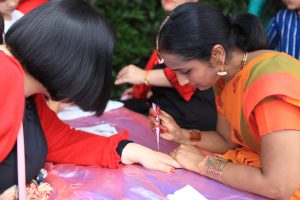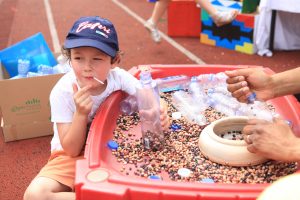Written by Debbie Shih (POP Core Committee Co-Chair person)
As mentioned many times, charity and service are an important part of what we do at YCIS Shanghai, as referenced in our motto commitment to “Love and Charity”.
The Spring Charity Brunch was a new endeavor this year, replacing the Gala. This was a family oriented event filled with activities and food. Children played with balloons, got their face painted and even had a clown performance! Young and older kids enjoyed the bouncy castle, mechanical bull and activities provided by Multi-Sport. There were great games and table auctions that made the whole event fun for everyone. Parkyard provided a wonderful array of food, along with a tasty BBQ and a chocolate fountain to boot! However, we know, as any first time event, there are many things already in the works for an even better Charity Brunch next year! Should you have any suggestions or feedback, please send to poppd@sh.ycef.com.
Thank you to everyone who took part in the Spring Charity Brunch, whether it was donating your time and talent to make this special event happen or giving generously to Heart 2 Heart. This special event on 23 April, along with our Valentine Bake Sales, Used Book Sale, Valentine Card Sales and Spirit Week by the Secondary Students, raised a total of 255,183 RMB, which enabled us to support a total of 8 heart surgeries.
Once again, we could not have accomplished this without the support of family and friends of YCIS and its donors! Thank you from the POP Spring Charity Brunch Committee.
Heart 2 Heart is a 100% volunteer run organization that started in 2003, supporting extremely poor families whose child is undergoing heart surgery. This organization supports 2 hospital playrooms and has donated clothes and libraries to rural areas (http://www.heart2heartshanghai.net). On May 9, the POP Core Committee sent a YCIS school bus filled with clothes, books left over from book sales, and some toiletries, to Yodak hospital which houses the Heart 2 Heart organization.
If you have not had an opportunity to visit Heart 2 Heart or any of the YCIS sponsored children for surgery, it is quite an experience. Making a connection with how your donations have impacted a community in need is simply amazing. The children and families we’ve visited after surgery have been so welcoming and we invite you to consider this wonderful experience. Contact poppd@sh.ycef.com if you are interested to make a visit!


